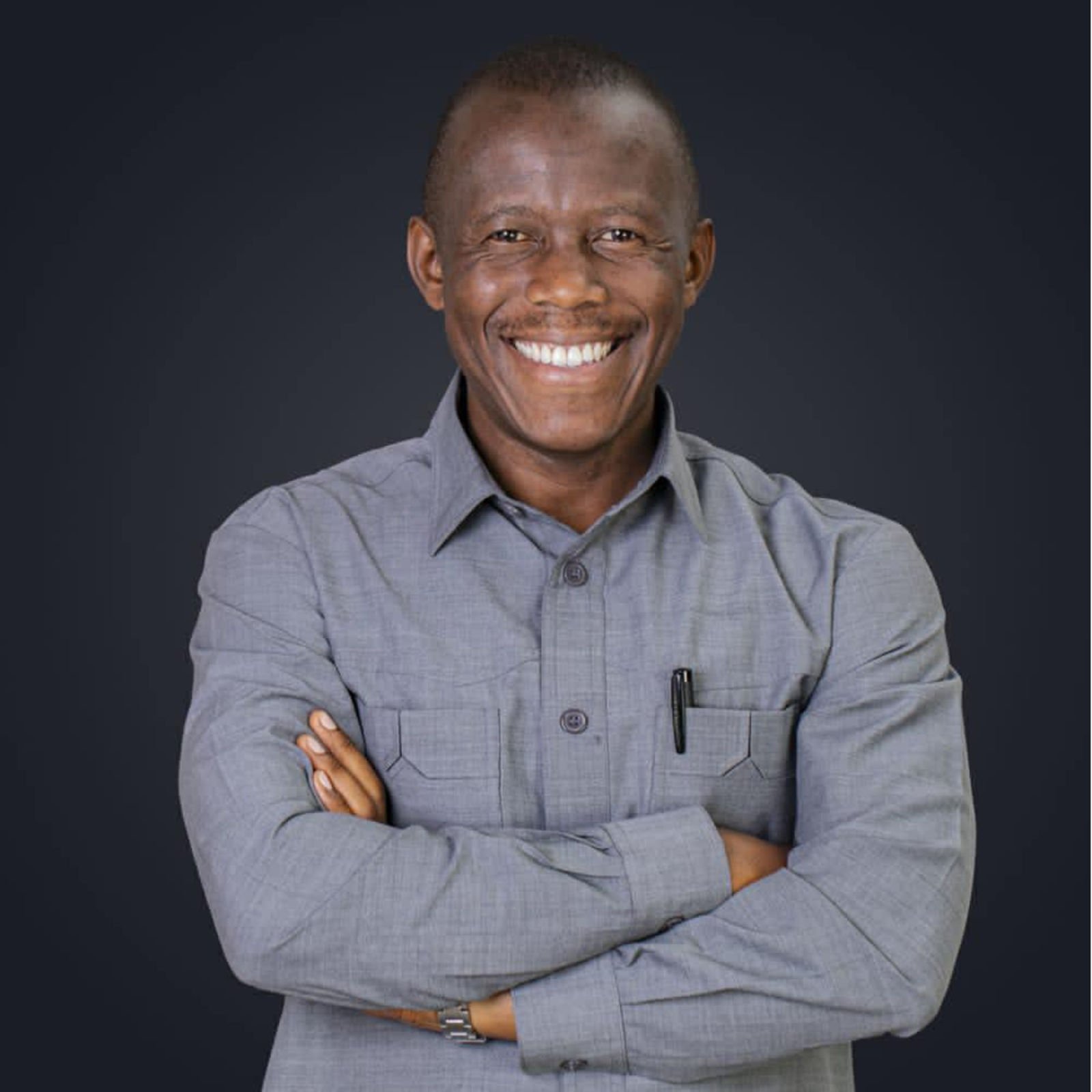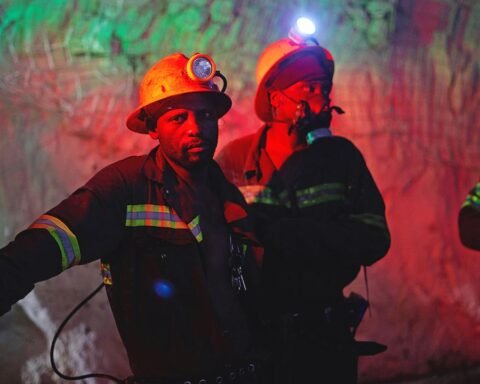The story of Humphrey Polepole, former diplomat and once a familiar face in government, has now taken a dramatic turn.
Weeks after stepping down from his ambassadorial post, he has become a central figure in an unfolding investigation that has gripped public attention.
Polepole has been active on social media, posting a string of allegations that cut across politics, business, and even high-level state matters. His claims touch on corruption, questionable contracts, and disturbing suggestions about unnatural deaths. These are not vague insinuations; they are direct statements aimed at the country’s leadership and institutions.
In response, Tanzania’s police force announced they have opened a formal investigation. Officials say a case file is active and growing, with teams working to collect evidence and verify whether the allegations carry weight. Polepole has been summoned to the Directorate of Criminal Investigations, where he is expected to provide documents, testimony, and proof to back up his statements.
For now, however, his physical presence remains elusive. Although he continues to post online—sometimes late into the night—he has yet to appear before investigators. Police say the summons remains active and urge him to present himself without delay.
Also Read; U.S. Envoy Warns Tanzanians Against Visa Overstays
The situation highlights a critical tension in modern governance. On one side lies the right to free expression; Tanzanians, like all citizens, should be able to question power without fear. On the other lies the responsibility that comes with making accusations of such gravity. Without evidence, these claims could fall into the realm of misinformation—or even trigger legal consequences.
Public reaction has been mixed. Supporters argue Polepole is lifting the lid on truths long buried, a whistleblower exposing uncomfortable realities. Critics counter that his words, if unverified, risk destabilizing public trust and undermining institutions. Either way, his voice has stirred debate that goes beyond individuals, touching the very core of accountability and governance.
Police insist that their focus is not on silencing opinion but on separating fact from fiction. “Allegations of this magnitude cannot exist only in posts and comments,” one senior officer noted. “They must be tested by evidence.”







